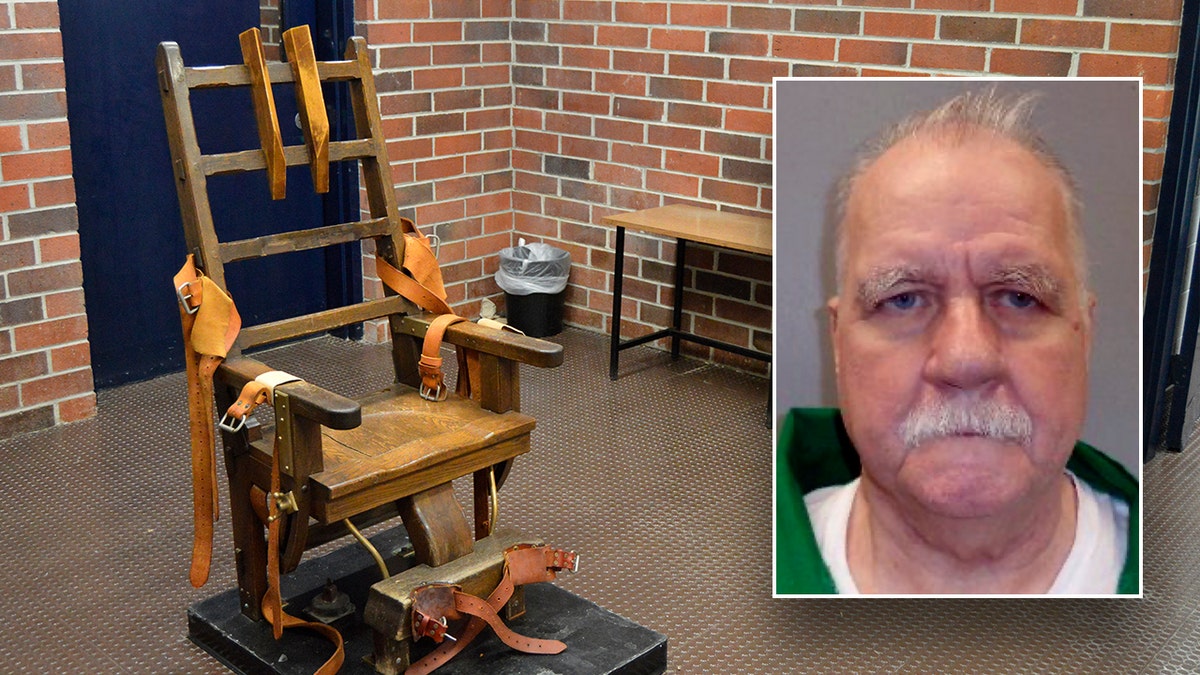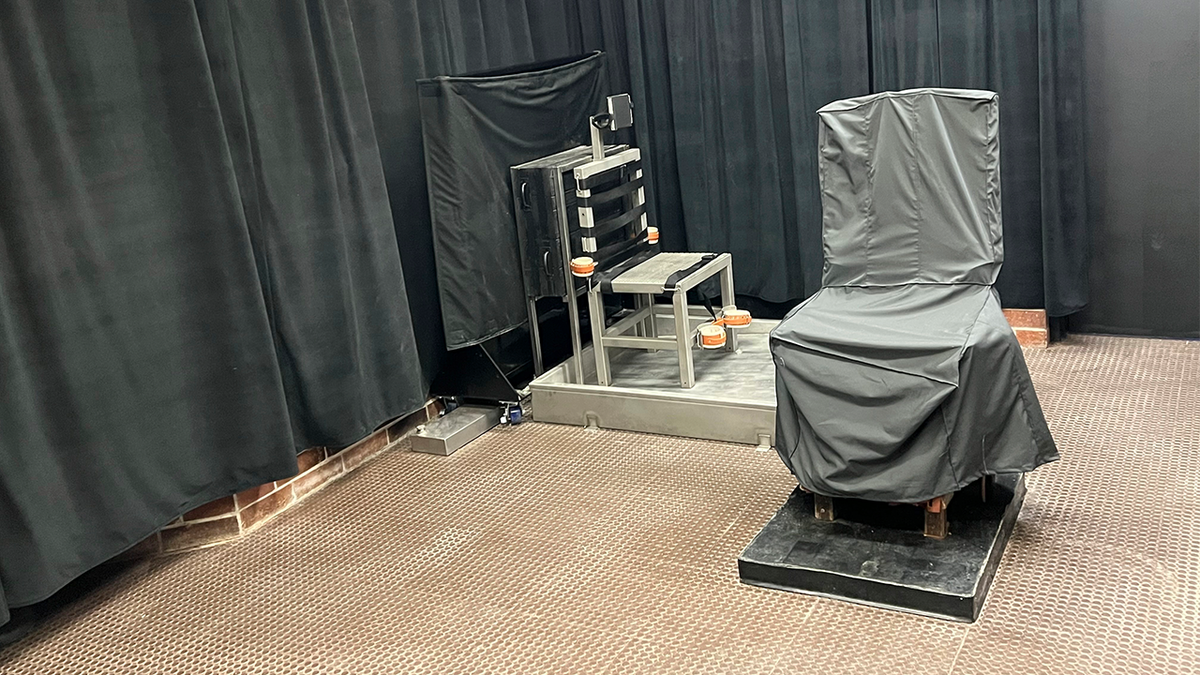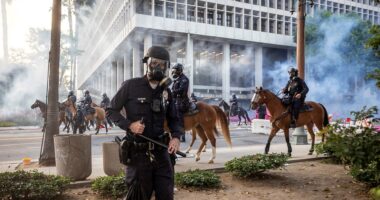An inmate from South Carolina sentenced to death for brutally murdering his ex-girlfriend’s parents with a baseball bat back in 2001 is set to face execution via firing squad on Friday. This marks the first instance of such a method being used for an execution in the United States in 15 years.
Brad Sigmon, aged 67, who confessed to the murders following his ex-girlfriend’s rejection, will be secured to a chair at approximately 6 p.m. Three volunteers equipped with rifles will stand about 15 feet away and shoot bullets into his heart.
Each individual will be carrying a .308-caliber Winchester 110-grain TAP Urban bullet, a type frequently utilized by law enforcement sharpshooters. Upon impact with a solid surface like the inmate’s chest, this bullet is engineered to break apart, releasing fragments intended to incapacitate the heart and bring about rapid death.

Brad Sigmon will be put to death by firing squad Friday. (Kinard Lisbon/South Carolina Department of Corrections via AP, left, South Carolina Department of Corrections via AP, right.)
“My intention was to kill her and then myself,” Sigmon said in a confession typed out by a detective after his arrest. “That was my intention all along. If I couldn’t have her, I wasn’t going to let anybody else have her. And I knew it got to the point where I couldn’t have her.”
Five states — Idaho, Mississippi, Oklahoma, South Carolina and Utah — authorize the use of firing squads in certain circumstances.
Just three inmates — in Utah in 1977, 1996 and 2010 — have faced a firing squad in the U.S. since the death penalty was reinstated in 1976. Ronnie Gardner was the last prisoner to be executed by firing squad, in Utah in 2010.

This photo provided by the South Carolina Department of Corrections shows the state’s death chamber in Columbia, S.C., including the electric chair, right, and a firing squad chair, left. (South Carolina Department of Corrections via AP)
Executions in South Carolina resumed in September, when the state – once one of the busiest for executions – ended a 13-year pause in carrying out the death penalty.
The pause was caused in part by the state having difficulty obtaining lethal injection drugs after their supply expired because of pharmaceutical companies’ concerns that they would have to disclose they had sold the drugs to state officials. The state legislature then passed a shield law allowing officials to keep lethal injection drug suppliers private.
Twenty-five executions were carried out in the U.S. last year. Five have already been carried out in 2025, per the Death Penalty Information Center.
Fox News’ Landon Mion and The Associated Press contributed to this report.

















